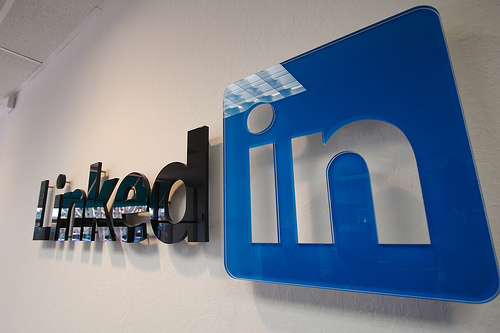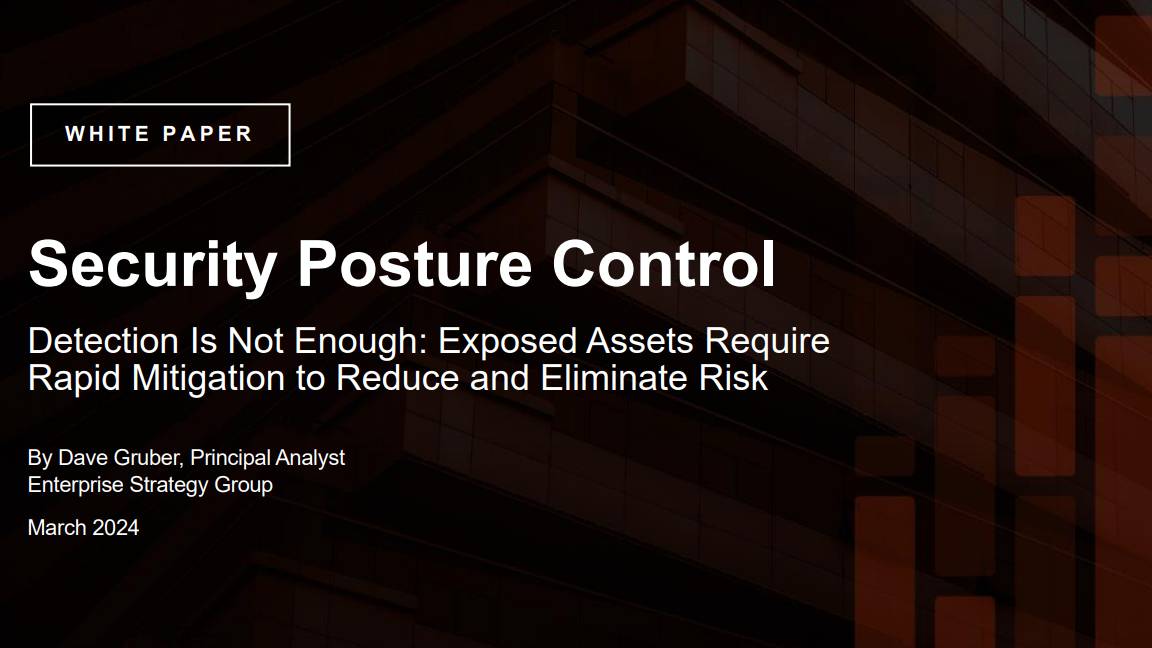Judge says LinkedIn cannot block third-parties from accessing profile data
The ruling may have implications for social media users wishing to control how their data is collected

A US federal judge has ruled that Microsoft cannot block a startup from accessing data held on its LinkedIn platform, a decision that is likely to have further implications for social media companies wishing to control data that is considered publicly available.
San Francisco judge Edward Chen sided with tech firm hiQ Labs, granting a preliminary injunction that ordered LinkedIn to remove any blocks preventing the startup from accessing profile data, according to Reuters.
"To the extent LinkedIn has already put in place technology to prevent hiQ from accessing these public profiles, it is ordered to remove any such barriers," read the court order.
HiQ Labs required access to the data, which is considered publicly available, to build algorithms designed to predict employee behaviour through their social media activities. The service provides "a crystal ball that helps you determine skills gaps or turnover risks months ahead of time", according to its website, essentially alerting bosses to employees thinking of leaving a firm.
The company has hailed the ruling as a major victory for those relying on public data to deliver services.
"HiQ believes that public data must remain public, and innovation on the internet should not be stifled by legal bullying or the anti-competitive hoarding of public data by a small group of powerful companies," the company said in a statement to Reuters.
LinkedIn has been battling with the startup since May, when it sent a cease and desist order to hiQ Labs in an effort to stop the company lifting profile data from its site. It argued that the use of its data in this way was a breach of its terms of service, and potentially went against the Computer Fraud and Abuse Act (CFAA).
Get the ITPro daily newsletter
Sign up today and you will receive a free copy of our Future Focus 2025 report - the leading guidance on AI, cybersecurity and other IT challenges as per 700+ senior executives
LinkedIn said it planned to challenge the decision, according to a statement to Reuters.
"We're disappointed in the court's ruling," said LinkedIn spokeswoman Nicole Leverich, to IT Pro. "This case is not over. We will continue to fight to protect our members' ability to control the information they make available on LinkedIn."
The decision leaves social media companies in a tricky spot. Users signing up to the service, particularly job hunting sites like LinkedIn, rely on the ability to have their profile publicly accessible to others, yet they do not necessarily want their data being used by third-party platforms. Currently, the only way to prevent data from being scalped from social media sites is to make your account private.
Dale Walker is a contributor specializing in cybersecurity, data protection, and IT regulations. He was the former managing editor at ITPro, as well as its sibling sites CloudPro and ChannelPro. He spent a number of years reporting for ITPro from numerous domestic and international events, including IBM, Red Hat, Google, and has been a regular reporter for Microsoft's various yearly showcases, including Ignite.
-
 Bigger salaries, more burnout: Is the CISO role in crisis?
Bigger salaries, more burnout: Is the CISO role in crisis?In-depth CISOs are more stressed than ever before – but why is this and what can be done?
By Kate O'Flaherty Published
-
 Cheap cyber crime kits can be bought on the dark web for less than $25
Cheap cyber crime kits can be bought on the dark web for less than $25News Research from NordVPN shows phishing kits are now widely available on the dark web and via messaging apps like Telegram, and are often selling for less than $25.
By Emma Woollacott Published
-
 The big book of selling data protection
The big book of selling data protectionWhitepaper Agile risk management starts with a common language
By ITPro Published
-
 Detection is not enough: Exposed assets require rapid mitigation to reduce and eliminate risk
Detection is not enough: Exposed assets require rapid mitigation to reduce and eliminate riskWhitepaper Agile risk management starts with a common language
By ITPro Published
-
 Modern enterprise cybersecurity
Modern enterprise cybersecuritywhitepaper Cultivating resilience with reduced detection and response times
By ITPro Published
-
 IDC InfoBrief: How CIOs can achieve the promised benefits of sustainability
IDC InfoBrief: How CIOs can achieve the promised benefits of sustainabilitywhitepaper CIOs are facing two conflicting strategic imperatives
By ITPro Published
-
 Security operations use case guide
Security operations use case guideWhitepaper Improve your cyber resilience and vulnerability management while speeding up response times
By ITPro Last updated
-
 Creating a proactive, risk-aware defense to thrive in today’s dynamic risk environment
Creating a proactive, risk-aware defense to thrive in today’s dynamic risk environmentWhitepaper Agile risk management starts with a common language
By ITPro Last updated
-
 Turn banking technology risks into business advantages
Turn banking technology risks into business advantagesWhitepaper Five proven practices to make it happen
By ITPro Published
-
 Take your business further with a dedicated internet connection
Take your business further with a dedicated internet connectionwhitepaper Achieve internet speed and reliability to match your business ambitions
By ITPro Published